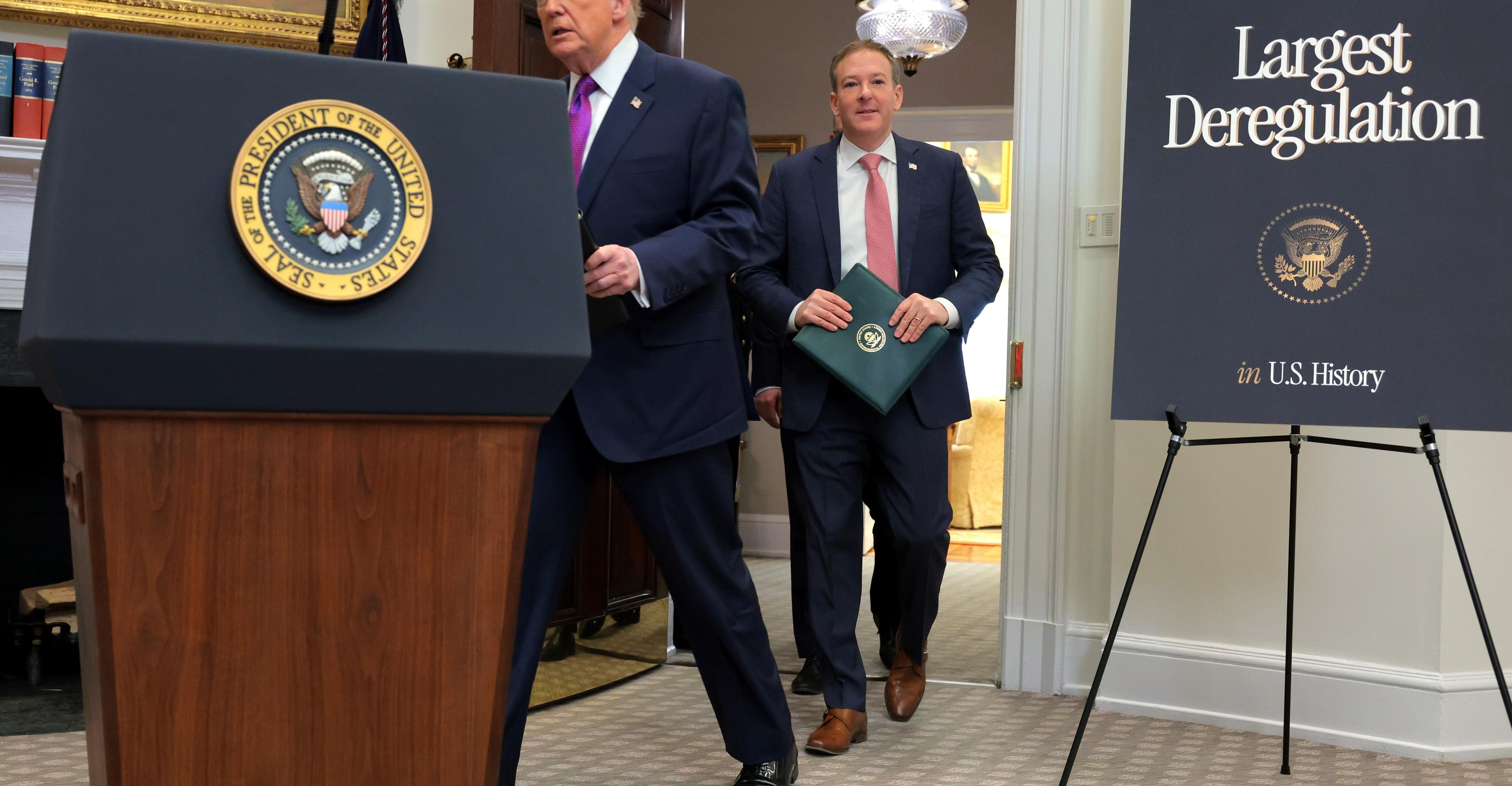Stephen Belcher at the Met Office said he had not expected to see such temperatures in Britain in his career

Britain recorded its highest ever temperature of 40C (104F) on Tuesday as a heatwave gripping Europe intensified, forcing train tracks to buckle and fuelling a spate of fires across London.
The Met Office said the provisional record, which still needs to be confirmed, was recorded at 12.50 pm (1150 GMT) at London's Heathrow Airport, surpassing the previous high of 38.7C recorded in 2019.
Stephen Belcher at the Met Office said he had not expected to see such temperatures in Britain in his career.
"Research conducted here at the Met Office has demonstrated that it's virtually impossible for the UK to experience 40C in an undisrupted climate but climate change driven by greenhouse gases has made these extreme temperatures possible," he said.
With the mercury still rising, train routes from London up the east and west coast of the country were cancelled, electricity companies reported mass outages and normally busy city centres appeared quiet. Network Rail tweeted a number of pictures showing large bends and kinks in rail tracks.
To the east of the capital a large fire engulfed homes in the village of Wennington, with flames tearing across neighbouring tinder-dry fields and approaching a historic church. Elsewhere large grass areas around the capital were on fire, blowing smoke over major roads and nearby areas.
London Fire Brigade declared a major incident and urged people to stop having barbecues.
Britain, which can struggle to maintain key transport services in extreme heat or snow, had been put on a state of national emergency over the unprecedented temperatures.
'DO NOT TRAVEL'
Transport minister Grant Shapps said there had been a considerable amount of travel disruption.
"Infrastructure, much of which was built from the Victorian times, just wasn't built to withstand this type of temperature," he said.
Climate scientists said the once-unthinkable temperature in London was likely to become more common in coming years.
Sony Kapoor, a climate and macro-economic professor at European University Institute, said he had long thought that people underestimated the physical impacts of climate change in contemporary times. "But even I never thought we would see 40 degree Celsius in London in 2022," he said.
The arrival of a searing heatwave that first sparked wildfires across Europe before arriving in Britain has turned the spotlight on to "net zero" pledges made by the candidates running to replace Boris Johnson as prime minister.
After Johnson championed the move to net zero status when Britain held the United Nations COP26 summit in 2021, some of the candidates to replace him have appeared more lukewarm and rated other challenges facing the country as their priority.
One candidate, Kemi Badenoch, said she believed in cutting carbon emissions but not in bankrupting the economy to do so.
Lawmakers who later gathered in a hot building in the House of Commons to announce the elimination of Badenoch from the competition were kept cool by multiple large fans.
SOURCE: REUTERS
Pakistan, US desire to enhance economic cooperation
- 22 minutes ago
'Special': Cunningham makes MVP case vs. Knicks
- 4 hours ago
Altidore joins Westbrook in OKC for Soccer group
- 4 hours ago
Forest show 'real identity' in dream Pereira debut
- 4 hours ago
19 sentenced to jail for AFCON final hooliganism
- 4 hours ago
Argentina soccer prez barred from leaving country
- 4 hours ago
Fabregas 'not proud' of incident with Milan player
- 4 hours ago
CTD arrests female suicide bomber in Dera Ismail Khan
- 23 minutes ago
Madrid send UEFA evidence in Vini Jr. racism probe
- 4 hours ago
T20 WC: Match between Pakistan, New Zealand postponed because of rain
- 3 hours ago
Pezeshkian says Iran will not bow to pressure amid US nuclear talks
- 26 minutes ago
FIFA pledges $50M for soccer stadium in Gaza
- 4 hours ago









